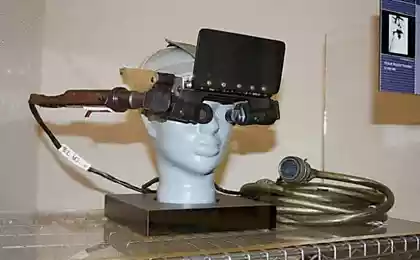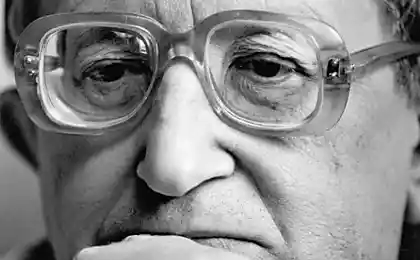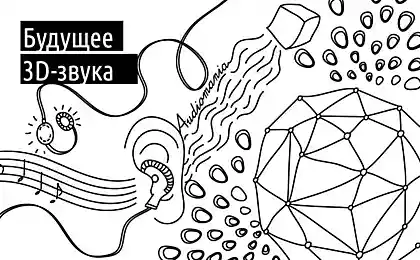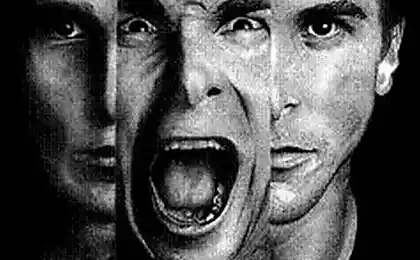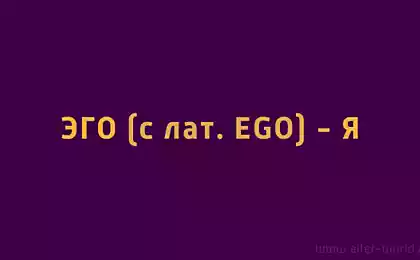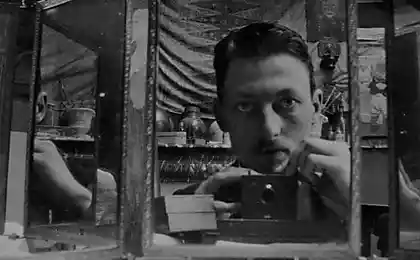464
Delirium may be a form of perception of reality

Beliefs are formed by means of perception, but a new study shows that nonsense - unfounded, but firmly entrenched in the minds of persuasion - can actually be a form of perception. People prone to delirium, may incorrectly recognize the difference between the sensor signals and, therefore, rely on their mistakes, to get an idea about the world. Typical delirium may manifest as paranoid ideas or inflated self-image.

Phil Sorlett, a neuroscientist at Yale University in New Haven, Connecticut, says that delirium occurs as an attempt to minimize the surprise of the world, and that our expectations determine what we actually see.
It is believed that people are starting to rave to predict future events in their lives - for example, Pavlov's dog learned to associate the bell with feeding. Persuading people to change when predictions do not correspond to subsequent events.
But delusions often replaces the information received from the senses. To test this idea, the German and Swedish researchers conducted behavioral and neyrovizualizirovannye experiments on healthy people, sometimes conceal their nonsense. During the tests, the subjects looked at the vanishing point, filled out questionnaires, and they performed brain scans. The aim was to cause them minor hallucinations or delusions. Scans showed the connection area of the brain, forming delirium, with orbitofrontal cortex responsible for processing visual information - both sites during delirium were active.
Thus, there is some confusion in our brain, but this only applies to people with not too serious disorders like paranoia in the form of light. Do the same conclusions, for example, people with schizophrenia, it would be premature.
via factroom.ru
Birds observe the speed limits on the roads, even if drivers ignore it
In Italy, there is a restaurant, which seats only two visitors






